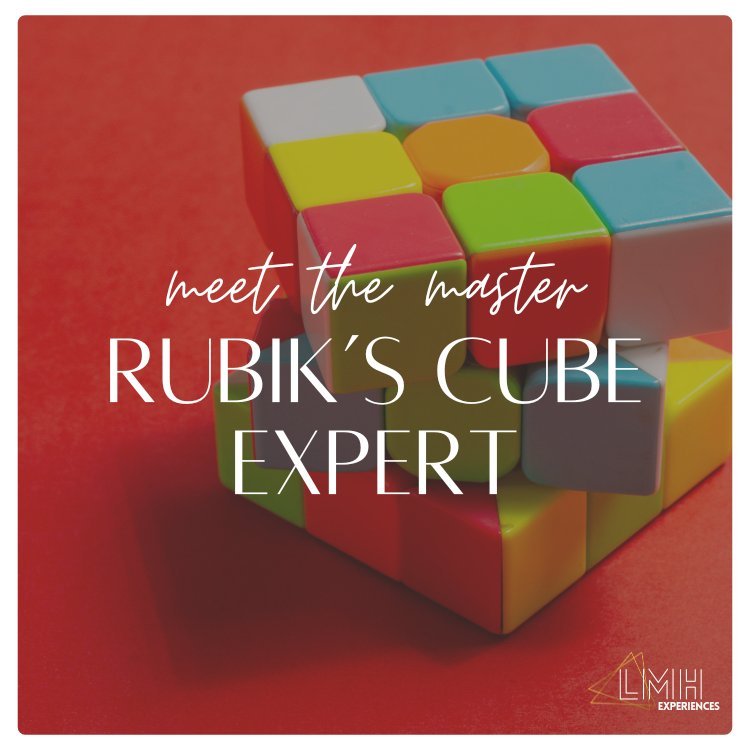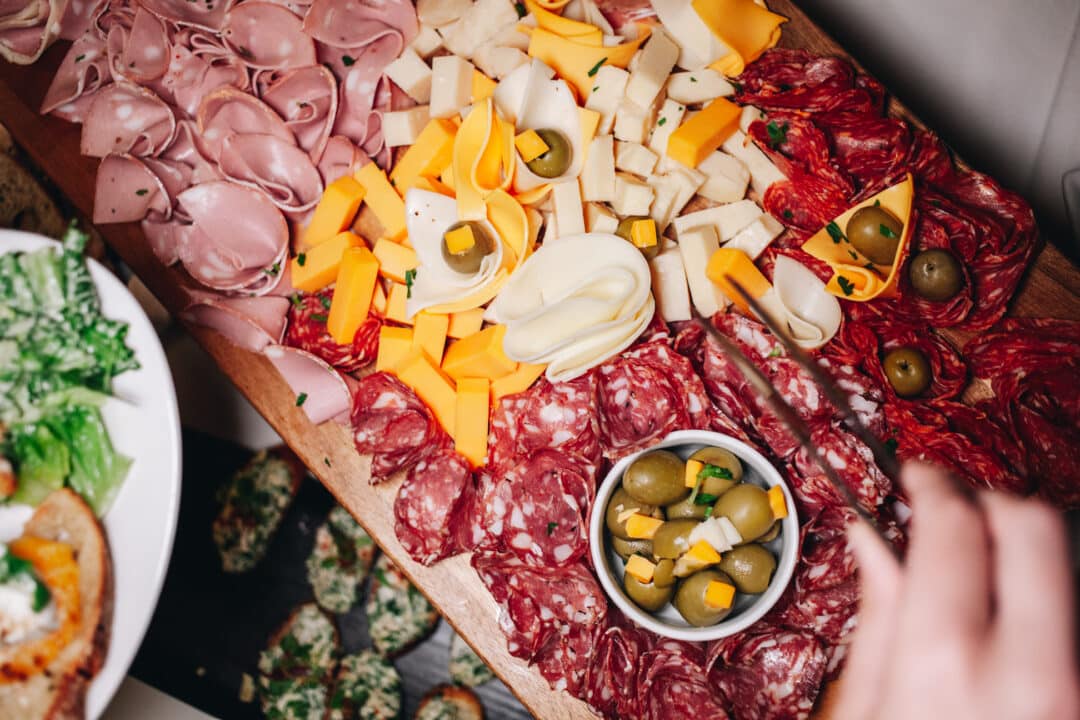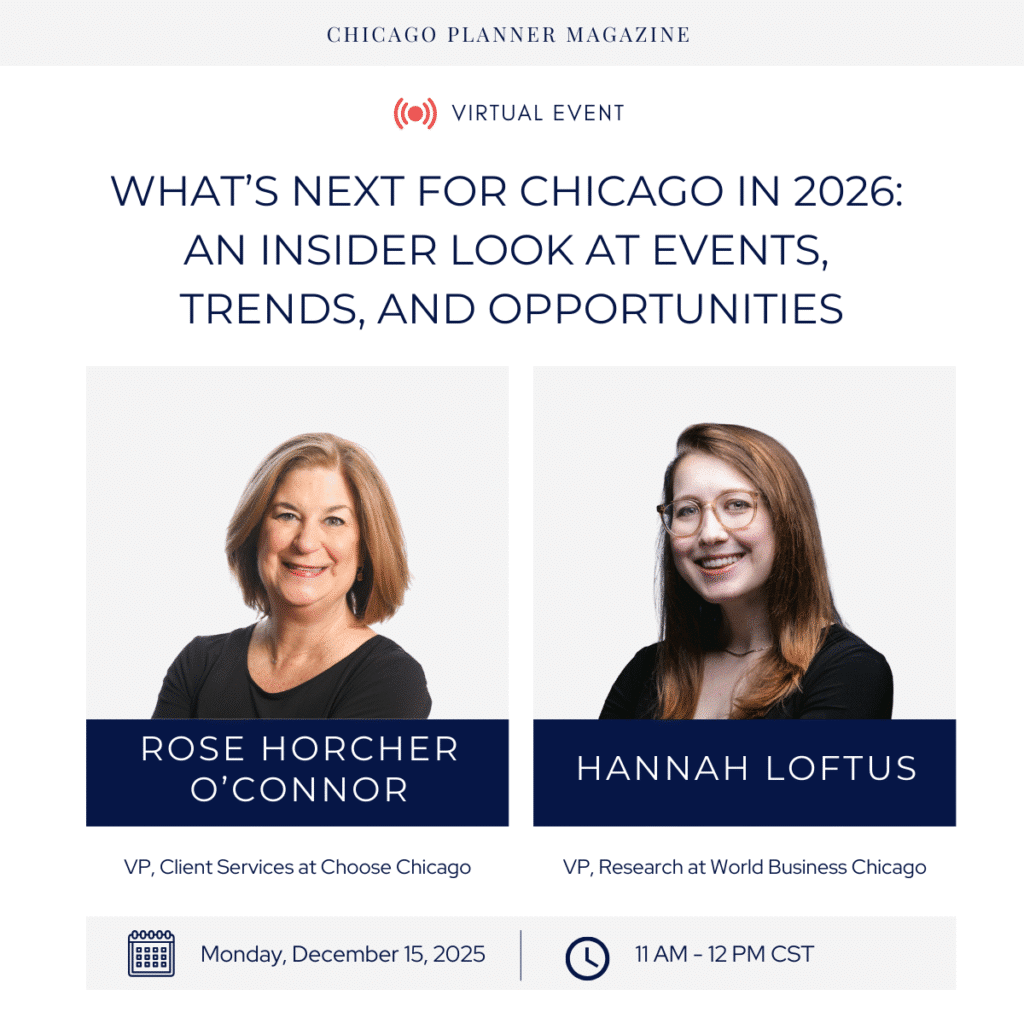Virtual events burgeoned out of necessity during the pandemic, with webinars, Zoom panels, and remote happy hours being the only way to gather. But as society returned to in-person activities, many thought this might be the end of virtual events. Instead, virtual events have evolved, and in 2025 they are a strategic tool for working smarter, not harder.

The LMH Experience Team
A company that exemplifies this evolution is LMH Experiences. Like many small businesses, the pandemic threw them some curveballs, but they quickly reimagined what corporate events could look like. What began as simple team-building sessions grew into a network of trusted vendors, creative partners, and storytellers. Today, LMH Experiences brings that same sense of community to both virtual and in-person events across the country.
What’s most interesting is that they work with virtual events in ways you might not expect. They’re strategically using them to reach wider audiences, generate leads, nurture client relationships, and deliver immersive, branded experiences that rival in-person engagement.
“We’re seeing a shift toward purposeful virtual,” says Lauren McSorley, Co-Founder at LMH Experiences. “It’s no longer enough to just host a session. You have to design an experience that’s targeted, engaging, and tied to real business goals.”
What’s Different Now? 5 Key Changes in the Virtual Event Landscape
Whether you’re planning an executive roundtable or a product launch, understanding how virtual events have shifted is essential to staying relevant.
Here are the top changes LMH Experiences believes event professionals need to know:
Higher Expectations for Engagement
Audiences now expect polished production, interactive elements, and content that’s concise but compelling. LMH goes well beyond standard webinars to create highly engaging, thoughtfully packaged experiences like VIP tastings, co-branded activations, or private retail sessions that make their clients’ top prospects feel appreciated and connected—even remotely.
“One of the biggest misconceptions is that virtual events can’t be as memorable, engaging, or impactful as in-person gatherings,” Lauren explained. “People often assume that sitting behind a screen automatically means distractions. In reality, with the right planning and creativity, virtual events can rival, and sometimes even outshine, live ones.”
Smaller, More Targeted Gatherings
Instead of casting a wide net with massive webinars, companies are hosting focused workshops or VIP sessions for specific audiences. LMH mostly partners with marketing teams, field marketers, and sales leaders who need events that build relationships and drive results, so they design virtual events that focus on growing pipelines, deepening relationships, and supporting smarter decision-making.
“One thing we see often is that companies treat events as isolated moments rather than part of a bigger strategy. An event shouldn’t just check a box—it should connect back to your pipeline, your brand story, and your customer relationships,” Lauren shared. “Programs need to feel personal and memorable, while providing consistently effective results that drive business forward.”
Creative Packaging and Storytelling Matter
Lauren explained that they are seeing brands lean into creative ways to market virtual events, pairing rich content with unique vendors and experiences. Looking ahead, virtual will remain an essential tool—especially for top-of-funnel education and reaching broader audiences. But to stand out, companies will need to keep experimenting with fresh formats and more personalized experiences.
“At LMH Experiences, we partner with incredible experts who bring unforgettable moments right into people’s homes.”
Virtual Is Strategic, Not Supplemental
No longer treated as a backup plan, virtual is now part of long-term event strategy. It’s being used to warm leads, introduce thought leadership, and extend the lifecycle of in-person programming.
Lauren explained how their company approaches virtual events for their clients:
“When you approach events as part of your revenue strategy, rather than something separate, the impact can be pretty remarkable. Event planning and sales are more connected than people realize. A well-designed event isn’t just about logistics—it’s about creating moments that move relationships forward and make it easier for your sales team to have meaningful conversations. We’ve seen clients close six- and seven-figure deals after hosting highly tailored events that made prospects feel valued and understood.”
“One of the biggest lessons has been that companies want more than an event—they want a partner who understands their goals. Early on, we were laser-focused on logistics (which are still critical), but over time, we learned that tying strategy, brand experience, and clear reporting together is what creates lasting value. These days, we’re just as invested in why our clients are hosting an event as we are in making sure every detail goes off without a hitch.”
Data Is the Real Powerhouse
Every click, comment, and conversion in a virtual setting is trackable. That data provides rich insights into attendee behavior that, when used correctly, can shorten sales cycles and boost ROI.
“Virtual experiences make it easier to scale access, tailor content, and gather valuable data that you can’t always capture in a ballroom. When you invest in thoughtful programming, you create connections that feel personal, no matter where your audience is,” Lauren said. “More importantly, our approach is rooted in strategy and clear outcomes. We work with our clients to define what success looks like—whether it’s moving deals forward, nurturing key accounts, or growing brand awareness—and then we back it up with robust reporting and CRM-ready data.”
A New Way to Think About Virtual: Connection, Not Just Convenience

LMH has shown that virtual events, when done right, can be better than live ones, with targeted designs that result in detailed data.
Some of their most successful programs include the Meet the Master series—interactive events featuring unique talent such as:
-
A Sneaker Culture Expert, who walks guests through sneaker design history and sends them digital gift cards to create their own custom kicks.
-
A Rubik’s Cube Speedsolver, who teaches problem-solving through puzzle mastery.
-
A Shark Scientist, who shares stories from behind the scenes of Planet Earth III and Apple TV documentaries.
These aren’t just lectures or your average celebrity speaker presentations—they’re immersive experiences that people remember and talk about long after. And because they’re virtual, they’re more scalable, inclusive, and measurable than traditional events, making them an ideal tool for modern marketing and sales strategies.
Beyond Hybrid: What High-Impact Virtual Programming Really Looks Like
Too often, virtual events are treated as generic add-ons. But when planned with intention, they can become high-performing assets for your sales and marketing teams.
At LMH Experiences, virtual events are designed to meet specific goals:
-
Move deals forward with personalized VIP briefings
-
Nurture key accounts through exclusive branded experiences
-
Grow brand awareness using rich content and creative storytelling
For event pros looking to future-proof their programming, LMH has a few key takeaways:
-
Don’t isolate events from your strategy. A great event doesn’t just entertain—it supports your funnel, your brand narrative, and your customer experience.
-
Invest in post-event data. Understanding who attended, what content resonated, and what happened afterward is essential to driving ROI.
-
Personalization is everything. From custom swag to content that speaks to their pain points, audiences are more discerning than ever. Make it count.
Virtual events in 2025 are a business tool with their own purposes and value—and they can be a powerful lever for driving engagement, building relationships, and growing your or your client’s business. The key is approaching them with the same strategic intent and creativity you’d bring to your biggest in-person activation.
For event planners ready to elevate their virtual game, it’s time to stop thinking of online events as lesser than. Instead, look at them as an opportunity to be bold, inventive, and impactful in new ways.
Learn More To see how LMH Experiences helps companies across industries reimagine events for a new era, visit lmhexperiences.com and explore examples of their virtual and hybrid programming.
To see how LMH Experiences helps companies across industries reimagine events for a new era, visit lmhexperiences.com and explore examples of their virtual and hybrid programming.




0 Comments